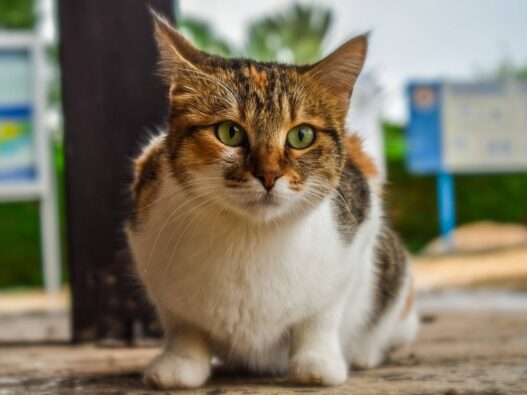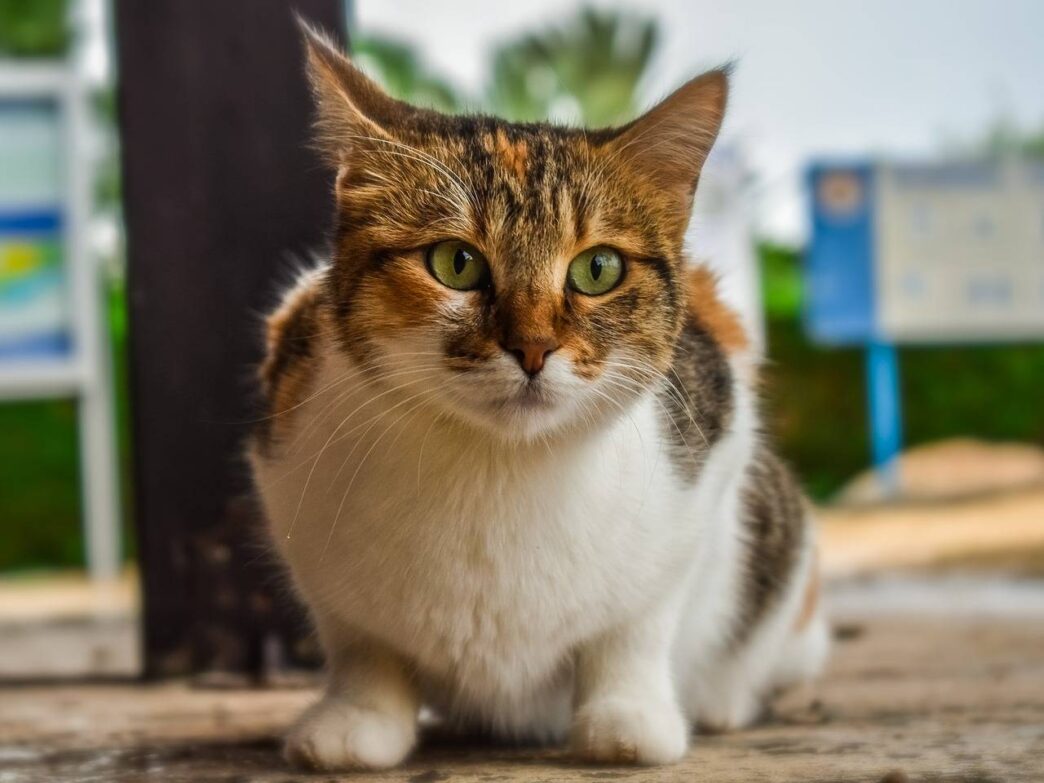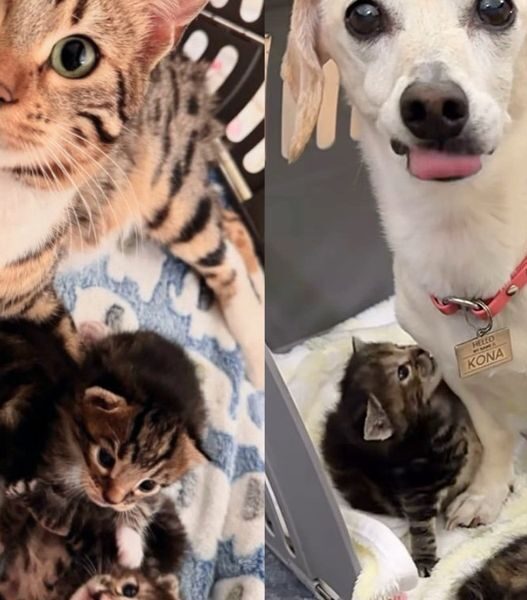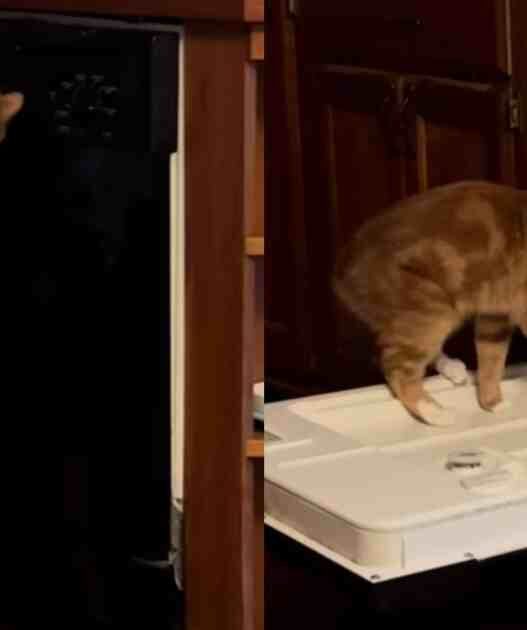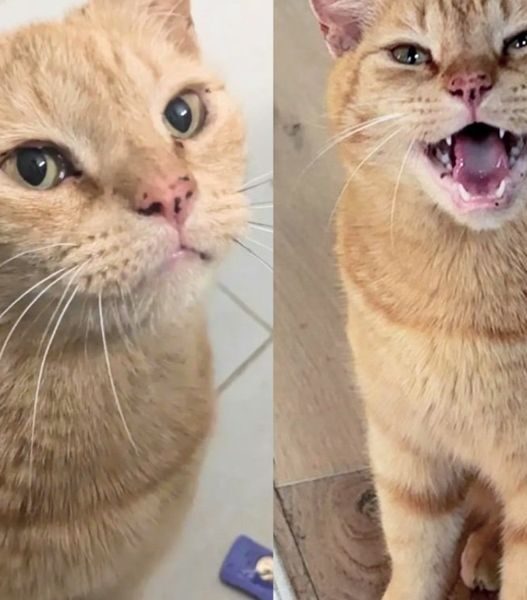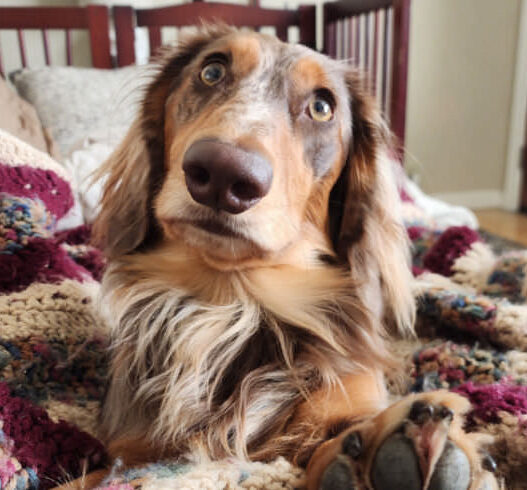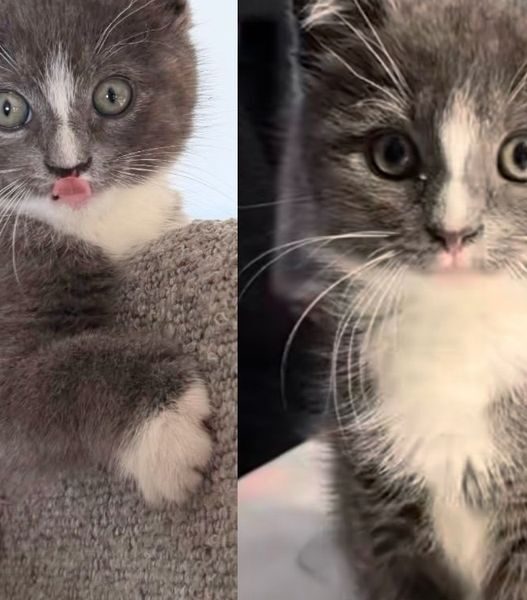Following on from Stray Animals Day (4 April), PDSA are sharing what you should do if you encounter what you believe is a stray animal, and the best steps to take.
PDSA Vet Nurse Nina Downing shared: “If you find a healthy-looking dog without an owner in the UK, it is likely they are lost, rather than a stray.
“It can be hard to be sure if a cat is a stray as many cats roam freely in their neighbourhood. If you spot a cat you think is a stray, you can ask around your neighbours or on social media to see if they belong to anyone – you might be surprised as some cats have several families that they visit regularly, or others just like to roam far and wide!
What to do if you find a dog
“Legally, all dogs when out and about should be wearing a collar with their owner’s name and address on the tag (telephone numbers are a useful addition). If it is safe to approach the dog, then you can check if they are wearing a tag, to see if you are able to contact their owner.
“When alone and in strange surroundings, scared dogs may not want to be approached by a stranger and could show signs of defensive behaviours,so keep an eye on their body language. Showing the whites of their eyes, tucking their tail down between their back legs or rolling on their backs with a tense body and tail(again tucked through their back legs), licking lips or baring teeth, to name a few, are warning signs that the dog is not comfortable with your approach. If they’reshowing you uncertain or fearful body languageit’s best to avoid approaching.
Take notice of the warning signs and instead get help from a professional, such as your local council dog warden. If you feel sure that you can approach the dog without concern, contact a local vets and arrange to take them in, as they should be able to scan the dog for a microchip. All dogs should be microchipped by law, with their registered owner’s details stored on a database, which helps pets and owners be reunited quickly.
What to do if you think a cat might be a stray
“Cats aren’t legally required to wear a collar, but some do. It’s not as likely their collar will have contact details on, but, if possible, it’s worth checking. Cats may also be scared and wary of strangers, so may decide to run away if approached.
“Cats are also required to be microchipped by law in England, so if safe to do so, you could arrange with your local vets to take the cat to be scanned for a microchip and hopefully reunite them with their owners. If you’ve still been unable to locate an owner, you could try asking around the neighbourhood or on social media. You could also print out a paper collar, that breaks easily if they get stuck somewhere, and pop it on the cat, with your contact details on it, asking their owner to contact you.
“If you don’t hear anything back after a paper collar has been on the cat for a short while, and you suspect the cat may be stray or lost, they can be reported to organisations such as Cats Protection or local cat rescues.
What to do if you find an injured dog or cat
“If you find a stray cat or dog that is injured or ill, then the best thing to do is call a local vets, to discuss how they can help. Vets will provide essential first aid care in an emergency situation.
“Be cautious when approaching an injured or unwell dog or cat. If an animal is in a lot of pain and frightened, then they could bite or scratch if they feel vulnerable.
“If you’re able and the animal appears comfortable – you can wrap a dog in a blanket to help them feel more secure and you can then take them to your nearest vet.
“For cats, again if they appear comfortable, you can use a blanket before picking them up, to protect you from sharp claws. If you can, it is best to try and locate a pet carrier, or even a well-ventilated box for transporting cats safely to the vets.
“Always be gentle when handling injured animals as they may be in pain or unused to human contact. If you’re unsure or worried, call for help before trying to move a scared animal.
“In any instance where you don’t think you are equipped to help, or are concerned about trying to help, always get in touch with dedicated organisations who will be able to assist you, this might be larger charities like RSPCA (or SSPCA in Scotland), Cats Protection, or small local animal charities who help pets in the local area or the local council dog warden. Never put yourself at risk, or the animal at risk if you aren’t sure how to handle them. There are always professionals at hand who can help.”
Find more pet health advice on PDSA’s website: www.pdsa.org.uk/phh
Advertisements
Visit our Shop for Lisa Parker merchandise!
